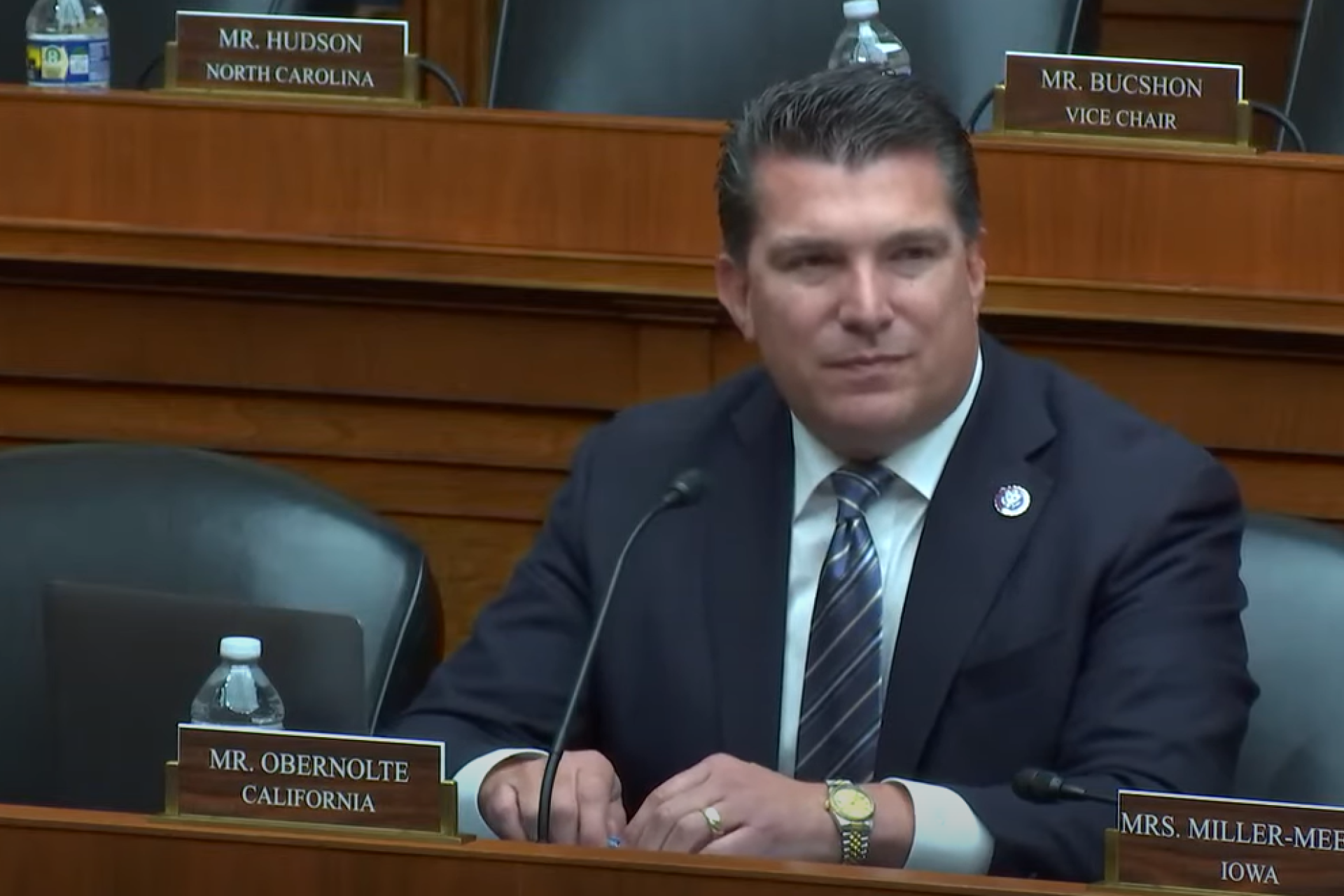Rep. Obernolte addresses local drug shortages at Energy and Commerce Committee hearing

U.S. Congressman Jay Obernolte (R-Hesperia) questioned top leaders in the drug supply chain at a hearing of the U.S. House of Representatives Committee on Energy and Commerce’s Health Subcommittee to address the underlying economic drivers of generic drug shortages. The hearing follows Rep. Obernolte’s recent meeting with his Health Advisory Committee where High Desert and Inland Empire health care providers indicated drug shortages were a top concern for hospitals.
“At the August meeting of my Health Advisory Committee, representatives from every hospital across California’s 23rd District indicated that shortages of certain drugs were one of their primary concerns in ensuring quality care for patients in the High Desert and Inland Empire,” said Rep. Obernolte. “Our recent hearing into potential changes to government rules that would enable stakeholders to address shortages more quickly is an important first step in addressing this issue.”
WATCH REP. OBERNOLTE’S HEARING Q&A HERE
According to the U.S. Food and Drug Administration (FDA) drug shortages database, over 138 drug products are currently in shortage across the country. This is the highest level of drug shortages experienced in the United States in over a decade. In the High Desert and Inland Empire region, multiple hospitals are currently facing a shortage of drugs such as chemotherapy drugs and epinephrine kits, which can both have drastic and even deadly effects on health care outcomes for residents. Furthermore, an FDA report on the root causes of drug shortages estimates that drug shortages cost U.S. hospitals $559 million each year in labor costs and in efforts to identify alternatives for drug products facing supply disruptions, shifting limited funds towards administrative needs and away from direct patient care.
